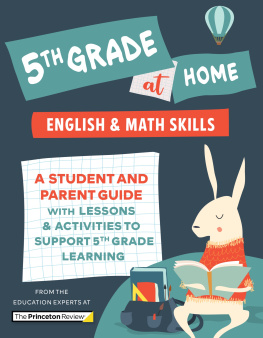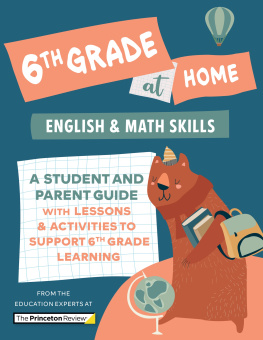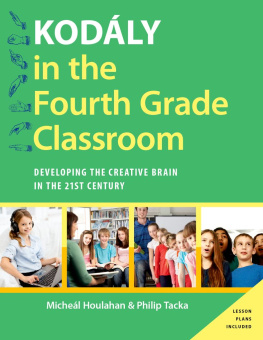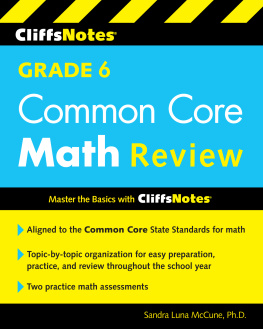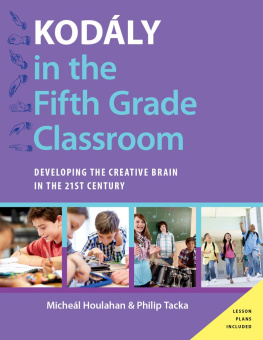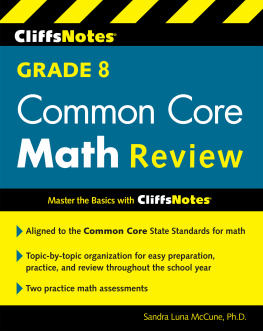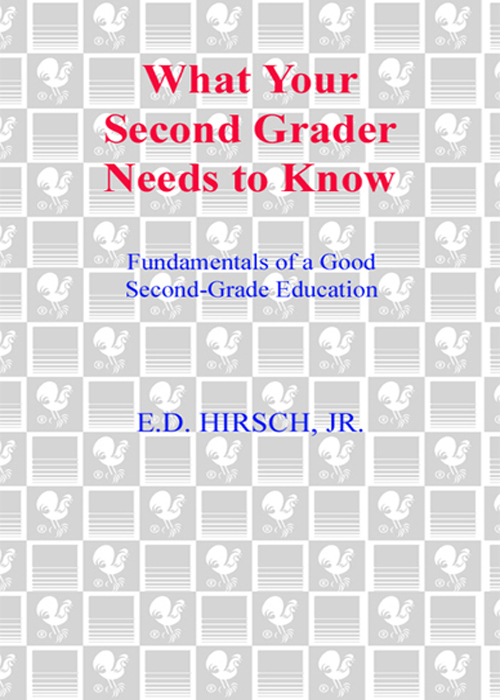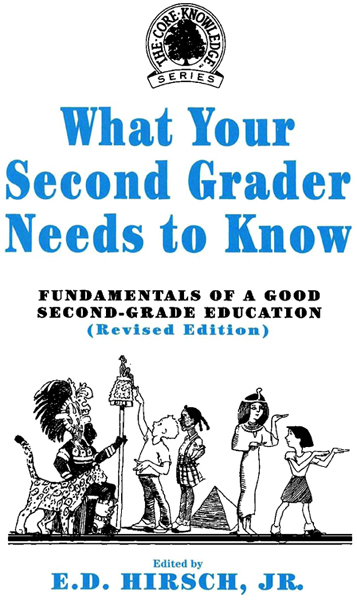E.D. Hirsch - What Your Second Grader Needs to Know: Fundamentals of a Good Second Grade Education
Here you can read online E.D. Hirsch - What Your Second Grader Needs to Know: Fundamentals of a Good Second Grade Education full text of the book (entire story) in english for free. Download pdf and epub, get meaning, cover and reviews about this ebook. year: 2009, publisher: Random House Publishing Group, genre: Children. Description of the work, (preface) as well as reviews are available. Best literature library LitArk.com created for fans of good reading and offers a wide selection of genres:
Romance novel
Science fiction
Adventure
Detective
Science
History
Home and family
Prose
Art
Politics
Computer
Non-fiction
Religion
Business
Children
Humor
Choose a favorite category and find really read worthwhile books. Enjoy immersion in the world of imagination, feel the emotions of the characters or learn something new for yourself, make an fascinating discovery.

What Your Second Grader Needs to Know: Fundamentals of a Good Second Grade Education: summary, description and annotation
We offer to read an annotation, description, summary or preface (depends on what the author of the book "What Your Second Grader Needs to Know: Fundamentals of a Good Second Grade Education" wrote himself). If you haven't found the necessary information about the book — write in the comments, we will try to find it.
What kind of knowledge and skills can your child be expected to learn in second grade at school? How can you help your child at home? These are questions that we try to answer in this book. It presents the sort of knowledge and skillsin literature, reading and writing, history and geography, visual arts, music, mathematics, and sciencethat should be at the core of a challenging second-grade education.
Because children and localities differ greatly across this big, diverse country, so do second-grade classrooms. But all communities, including classrooms, require some common ground for communication and learning. In this book we present the specific shared knowledge that hundreds of parents and teachers across the nation have agreed upon for American second graders. This core is not a comprehensive prescription for everything that every second grader needs to know. Such a complete prescription would be rigid and undesirable. But the book does offer a solid common ground that will enable young students to become active, successful learners in their classroom community and later in the larger communities we live intown, state, nation, and world.
BONUS: This edition includes an excerpt from What Your Third Grader Needs to Know.
E.D. Hirsch: author's other books
Who wrote What Your Second Grader Needs to Know: Fundamentals of a Good Second Grade Education? Find out the surname, the name of the author of the book and a list of all author's works by series.

